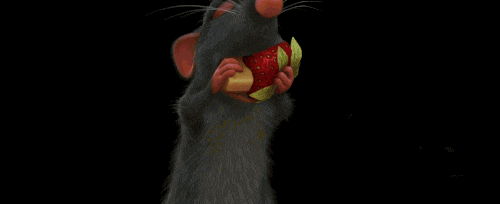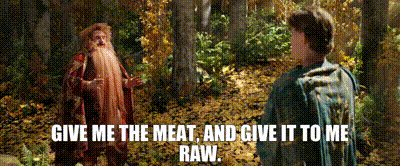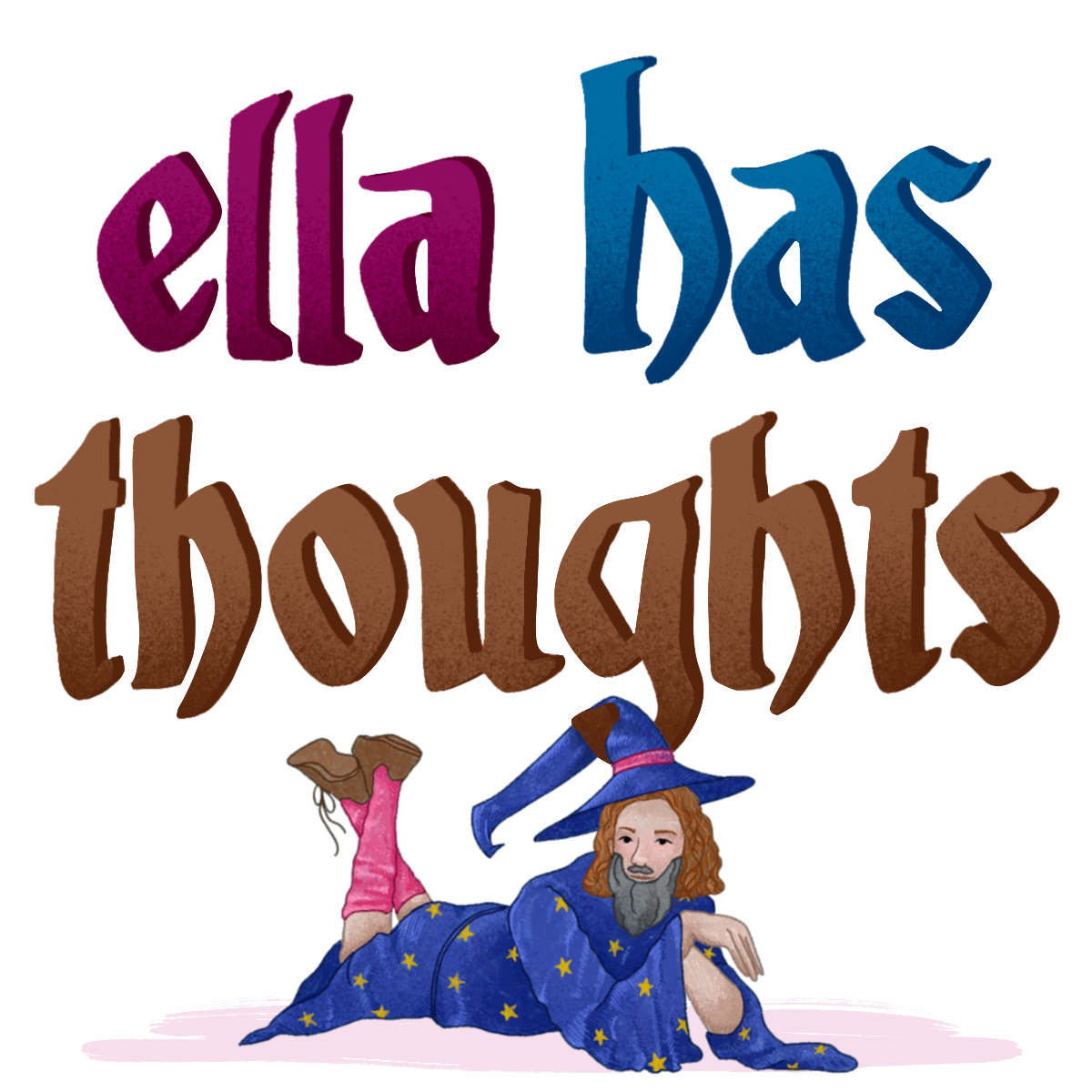The Ification-ification of Everything
When everything is like everything else, is anything anything anymore?
Hello friends! I had thoughts on something that kind of has me feeling like one of those scientists in movies that nobody believes until giant kaijus are on their way to take down the capital city.
The trope-ification of books; The twee-ification of literary culture; The merch-ification of publishing; The Hallmark-ification of romance. The Yass-ification of Shrek. And now, the Ificiation-ification of everything: an observation on our regurgitative culture climate, in which things are taken, partially chewed up and digested, then spat back out as something slightly different.
Just picture that scene in Ratatouille when Remytakes a bite of a strawberry and a bite of cheese at the same time, creating a new experience from two familiar things.

I find the suffix “—ification” to be a really interesting linguistic phenomenon because I feel like every time I’m scrolling on Tiktok or researching some media thing, I’m encountering it. I also find it a really interesting symptom of a larger epidemic of remakes, reboots, and remixes of things we already know and love. What is the ‘trope-ification’ of books if not a collection of well-known and loved tropes being strapped to a million horses? What is the Marvel-ification of superhero films if not well-known joke structures and a humour style replicated again and again? I feel as if we live in a day and age where nothing can be it’s own thing; Everything has to mirror, reflect, or be the love child of things that came before it.
To be clear, I am not at all arguing for any separation of art from artist here. I’m talking about how when Garfield has a bad Wednesday, it’s because of the Monday-ification of the week—Wednesday is not it’s own day, but something innately connected to the Mondays we know he hates. I’m talking about how an Adult dystopian novel has to be marketed as if it’s actually comparable or similar to The Hunger Games because that’s The Dystopian Franchise Of All Time. I’m talking about the touchstone-ification of all media and opinions.
This kind of framing both invites understanding and repels it, and builds expectations for those in the know. This thing is like that thing. That thing is like this thing. You have to know Thing 1 in order to understand Thing 2. There is no getting what ‘Dreamworks-ification’ means unless you know Dreamworks and what is common to their narratives and animation style. There is also no pleasure to be had when one picks up a novel expecting something like The Hunger Games and instead gets something very different.
Linguistically speaking, adding the suffix ‘—ification’ is called a ‘neologism’ (meaning, ‘a new word, usage, or expression’), and is most often done to shorthand something for critique. If something has been ‘—ified’, a pattern has not only been observed but has likely gone too far, and someone who has a lot of thoughts is probably preparing a length think piece about it (it’s me!). The ification-ification of words (sorry, I had to) points to concerns about the monopolizing and homogenizing patterns into which our culture seems to be moving deeper into, while also becoming a pattern in and of itself. Isn’t that fun?
Or depressing? I don’t know.
I’m thinking about the way book marketing often uses “This Story meets This Story in a brand new story” to place itself in the market, but doesn’t offer much substance. I’m constantly scrolling books to borrow from my Libby app or scrolling publishing news and finding myself disconnected from what’s being pitched to me. There is of course a time and a place for more thorough specifics, but even in longer marketing paragraphs like blurbs, I will often reach the end feeling that I know the novel is gothic, that the enemies will become lovers, and that the main male character wields shadow powers, but the lifeblood of the story is missing—the story does not breathe, but waits like a menu for the hungry reader to order.
Who are the people? What is the specific action? What story is being told, the meaning? The narrative, inevitably, feels like every other, because they are built on the same familiar foundations and a lack of specifics that might distinguish it. Enough with the quail sauce!

To many, this doesn’t matter. There’s also the issue of ‘vibes-ification’ in literature, the ‘brain-off’ reading style many have adopted (or have always employed), which in many ways discourages any serious consideration of substance. Meaning is obfuscated not only in text but seemingly also by the readers consuming it—for example, for all that romance (and subgenre) readers might wish for the genre to be respected as art, oftentimes those same readers are the ones proclaiming that it’s “just fun” and does not warrant any serious thinking. The meaning and weight of abusive dynamics, racist stereotypes, and ableist narratives is evaded, thrown into the shadow of escapism.
I just feel like there is a bunch of connective tissue between all of these things, and it’s interesting to think about.
I guess I’m wondering what kind of media landscape and what kind of culture we’re allowing by constantly remixing, remaking, and rebooting things, and consuming things that rely on familiarity to be understood, or worse, simply sold. I especially wonder about it when criticism of this is met with rebuttals like “tropes are good, actually” and “let people enjoy things.” The replication of common narratives comes with many dangers, such as the perpetuation of common misbeliefs about disability, of racist caricatures, of harmful transphobic narratives and other exclusionary, prejudiced storytelling. Problematics aside, all things hit a sort of critical mass that turns things I like into something boring at best and annoying or disappointing at worst. It hits a frequency that cheapens anything it appears in, and needs to be subverted in some way to become interesting to me again. But that’s just me. Additionally, as an Australian who must pay out the nose for books, I really do want more from them than the same story I’ve read twenty-seven times before.
Even when it comes to research on feminism, disability, and other topics, I’m constantly finding the -ification suffix on franchises, media, and subjects I’m not familiar with, which necessitates further searching to uncover the meaning of things. I don’t think any of this is inherently bad, just that sometimes it’s getting in the way of clear communication, and limiting creativity.
Did I say anything of substance? Am I tapping a blackboard full of nonsense equations? 😂
What do you think about the ification-ification of everything?
